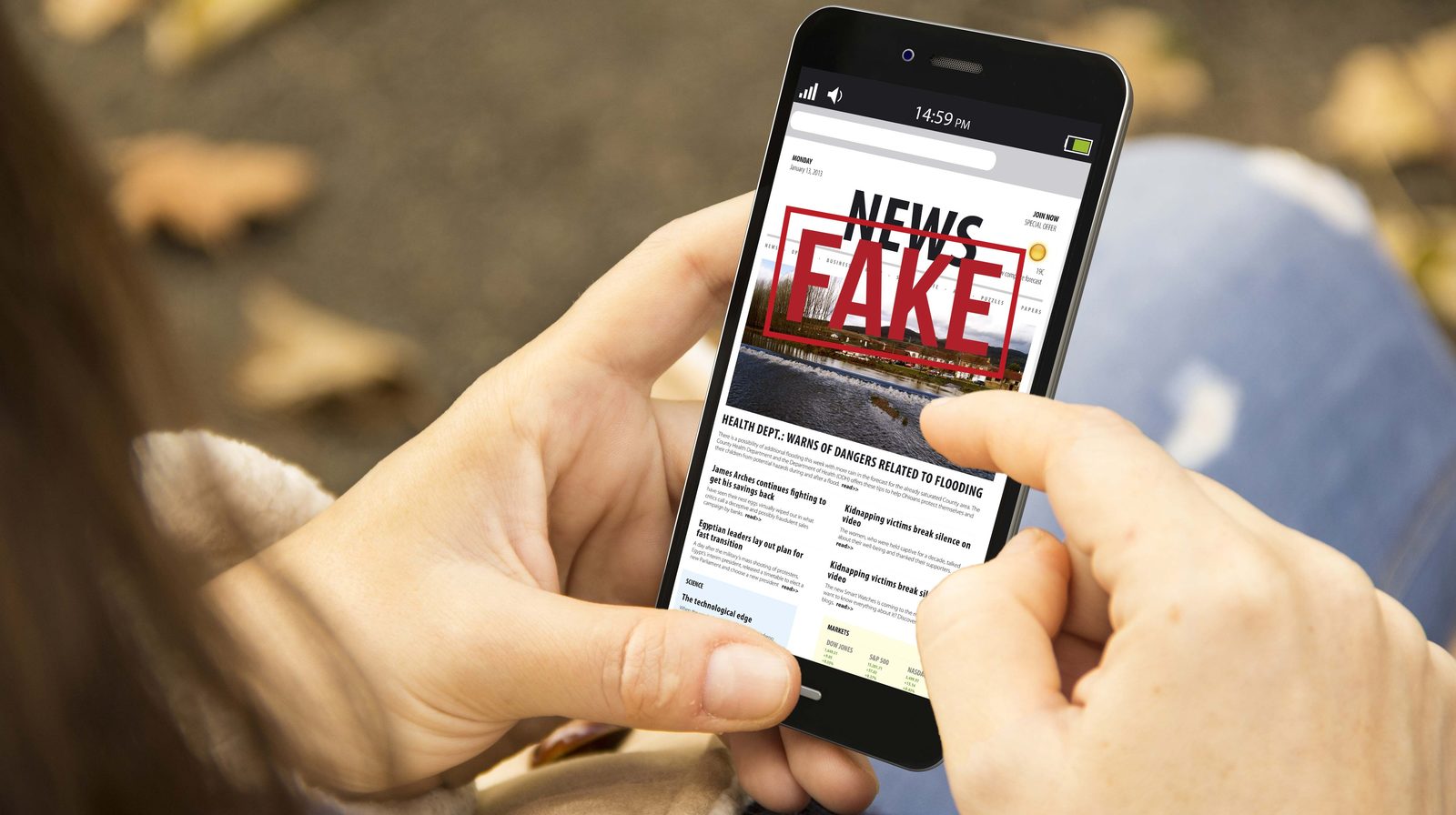 Is ‘fake news’ affecting the way patients view dentistry, Michael Watson questions.
Is ‘fake news’ affecting the way patients view dentistry, Michael Watson questions.
In February 1953, a few days after my 11th birthday, sweets were taken off ration – some months later sugar also became freely available.
So began my road to becoming what Jimmy Steele described as the ‘heavy metal’ generation, those with a mass of amalgam fillings.
Some years later the dental profession began its campaign to tell the nation of the damage that unrestricted sugar products taken frequently can do to people’s teeth.
It has not been an unmitigated success, as the number of children’s extractions under GA shows.
I thought about this when I read a report of a speech given by NHS England CEO, Simon Stevens, at a health summit held by the Nuffield Trust think tank last month.
He said that there had been a ‘steady decline’ in the uptake of the measles vaccine over the last five years.
Stevens described the uptake of the MMR vaccine among five-year-olds in England (87.5% compared with the World Health Organization target of 95%) as a ‘real problem’.
He put the blame on the ‘fake news’ movement and said the vaccination deniers were getting some traction.
Fake news in dentistry
I am not suggesting that there is a direct comparison; as far as I know no one is going round saying that sugar is good for your teeth (or your waist-line).
But I do wonder whether, with the wealth of information available on the internet, people tend to ‘block out’ accurate and useful public health messages, along with the wilder claims of ‘fake news’.
A timely article in the British Dental Journal, co-authored by Marco da Silva and Damian Walmsley (2019) points out that there has been a rise of fake news stories in dentistry such as homemade whitening products and ‘misinformed information’ on how to strengthen your teeth.
They say that ‘there are tools available that may be used to verify the accuracy of such information and help to dispel fake news’.
Fluoridation
However not all issues can be neatly separated into truth or fake news.
Doctors have ‘vaccination deniers’; in dentistry we have ‘fluoridation deniers’.
Most recently this became public when plans to add fluoride to the public water supplies in Southampton and parts of Hampshire were scrapped in 2014.
This followed a vigorous campaign by Hampshire Against Fluoridation, whose chairman, John Spottiswoode, said: ‘There’s so much research from around the world that if you ingest fluoride over a period it’s unsafe for children and adults.’
Dentists will dismiss most of such research evidence as ‘fake news’, but it is a genuinely held view by the opponents of water fluoridation.
Is this an issue of fake news or freedom of speech?
References
Dias da Silva MA and Walmsley AD (2019) Fake news and dental education British Dental Journal 226: 397-9
Read more from Michael Watson:


